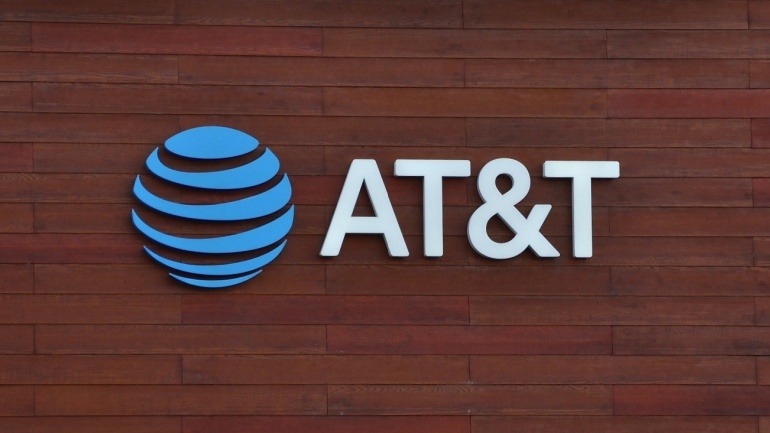The Advertising Standards Authority (ASA) has recently put an end to a dispute regarding the misleading adverts of a UK Internet Service Provider, 6G Internet. The ASA ruled out that the company’s name was misleading to consumers, making them believe they could have access to the non-existent 6G network services.
Following an in-depth scrutiny, the ASA dictated that 6G Internet should drastically revamp its adverts, as they could erroneously suggest the availability of 6G mobile services. 6G Internet, however, argued that the company had received no formal complaints neither from consumers nor regulatory bodies regarding this issue. They also added that their adverts explicitly offered home broadband services rather than mobile ones.
Despite the stand taken by 6G Internet, they concurred with ASA’s decision and started making subtle changes to their website, hoping it would further clarify their service offerings. In their official statement, they mentioned, “We make clear in all of our advertising the download speeds of our services and that we provide home broadband, as opposed to mobile broadband delivered using generations of cellular technologies. Whilst we have not found, or been presented with, any evidence that our advertising has caused confusion, it is never our intention to mislead customers.”
Founded in 2013, 6G Internet provides home broadband services using fixed wireless technology connected to local wholesale fibre networks at a time when even 5G was merely a passing thought in the wireless sector. However, due to its brand name, comparisons with the prospective mobile technology 6G is unavoidable. Despite the growing public awareness about the 6G technology, it’s likely to fully mature only by 2028.
At present, no intentions of brand name modification by 6G Internet has been indicated. Given the anticipated arrival of the 6G mobile era towards the end of the decade, a recurring concern is the inevitable customer confusion it might trigger.
This incident brings to the surface the lack of understanding consumers have about the technologies used in providing their services. Earlier this year, Ofcom discovered that only 46% of customers who believed they were using ‘full fibre broadband’, actually had fibre-to-the-home services. This led the regulating authority to press the operators to clarify their broadband offerings and cautious use of terminologies in their adverts.
In conclusion, the question remains whether UK’s ISPs are doing enough to eliminate consumer confusion about what they’re paying for? It’s high time for network operators, regulators, and the entire telecoms industry to address these issues. You can join this conversation at the upcoming Connected Britain conference.







